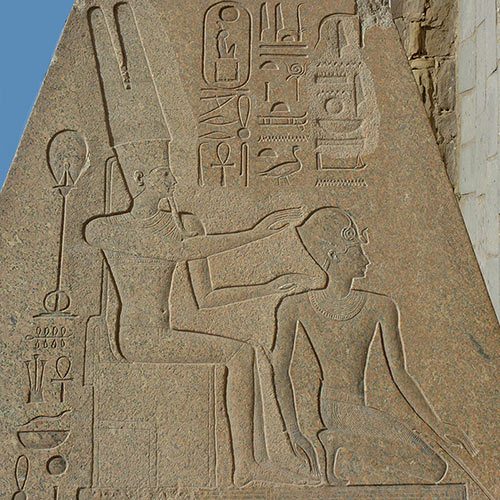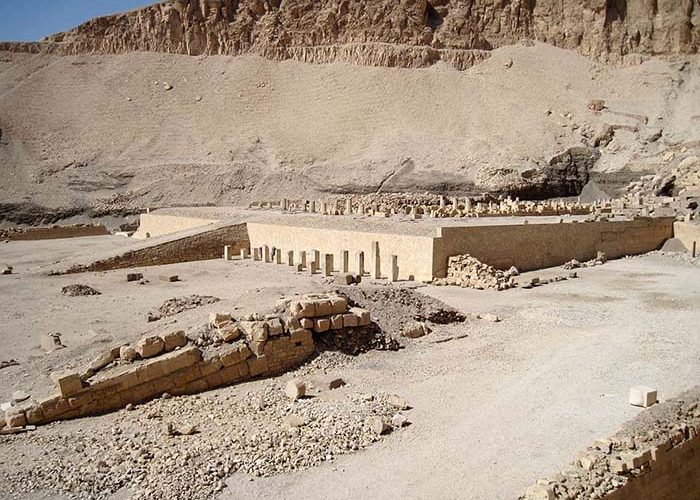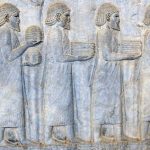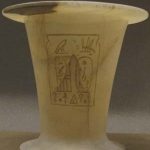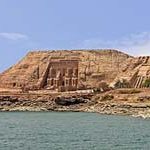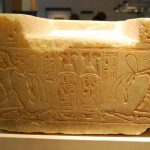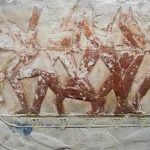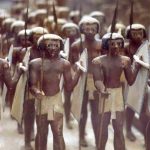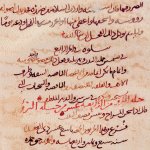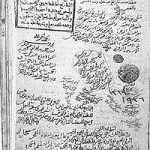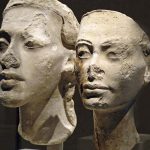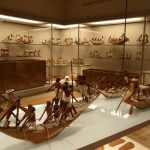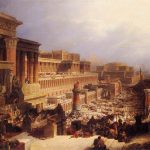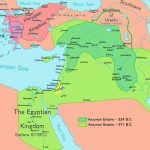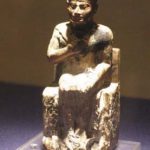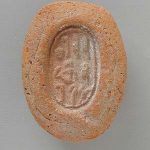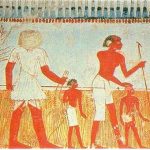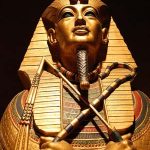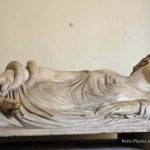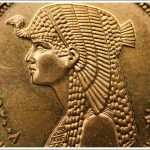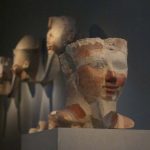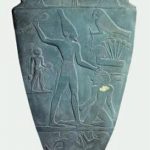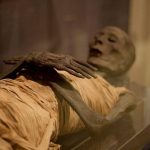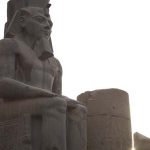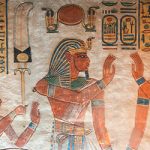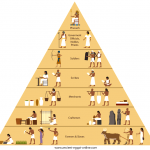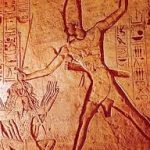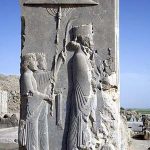The Middle Kingdom
Time Period
The Middle Kingdom lasted from 2055 B.C. to 1650 B.C. and included the 11th and 13th dynasty.
First Pharaoh
Mentuhotep II is credited with being the founder of the Middle Kingdom. He ruled from Thebes after defeating the 10th dynasty rulers who controlled Lower Egypt, and re-unified the country.
Dynasty/Rulers
11th Dynasty Rulers:
- Mentuhotem I
- Intef I
- Intef II
- Intef III
- Mentuhotep II
- Mentuhotep III
- Mentuhotep IV
12th Dynasty Rulers:
- Amenemhet I
- Sesostris I
- Amenemhet II
- Sesostris II
- Sesostris III
- Amehemhet III
- Amenemhet IV
- Queen Sobeknefru
Construction & Tombs
- The first example of Middle Kingdom architecture is Mentuhotep’s mortuary complex. It was built against sheer cliffs in Thebes and featured a terraced temple with pillared porticoes.
- The pyramids of the Middle Kingdom weren’t as well-constructed as those in the Old Kingdom. Unfortunately there aren’t many Middle Kingdom pyramids that have survived.
- Amenemhat I’s funerary monument at El-Lisht was erected between Saqqara and Medium. It served as both residence and burial place of Senwosret I and Amenemhet I.
- Amenemhat III’s Pyramid at Hawara.
- Sesostris II’s pyramid at Illahun.
- Irrigation projects took place at Faiyum.
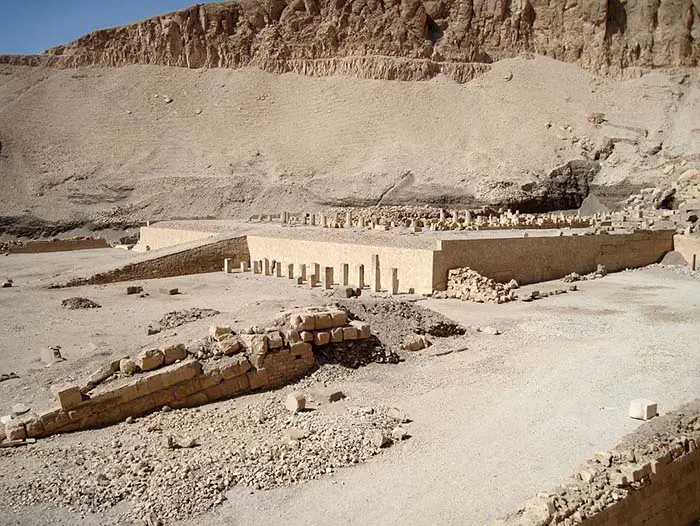
© Olaf Tausch – Mortuary Complex of Mentuhotep
Religion
- Priests and nobles gain independence and power during the Middle Kingdom.
- Egypt was separated into nomes, which were religious, as well as administrative districts and were ruled by Nomarchs.
- Ancient Egyptians were ruled by religion every day, always fearful of the Gods and death.
- The Instruction of Meri-Ka-Re teaches ethical advice on how to lead a good and proper life, and being rewarded after death.
- As the Middle Kingdom progressed, Monthu, who was the original patron of Thebes, was replaced by Amun.
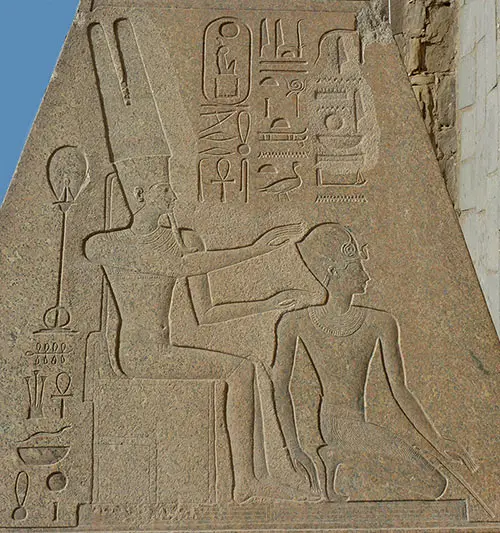
© Hannah Pethen – Hatshepsut kneeling before Amun
Culture
- The Middle Kingdom is considered now to be a classic period of culture, literature, and language.
- The Coffin Texts were created, to be used by ordinary Egyptians. The texts were a collection of magic spells to help guide the deceased through the underworld.
- During the Middle Kingdom, Egyptians used writing to tell stories and not just for record keeping.
- Military attacks were mounted against Nubia.
- Nomarchs ruled ancient Egyptian provinces. A feudal type of organization was developed around the Nomarchs.
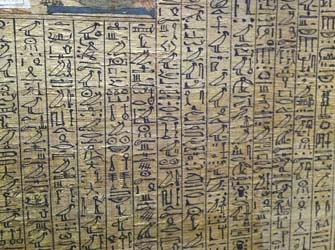
© McKay Savage – Texts from the Book of the Dead


